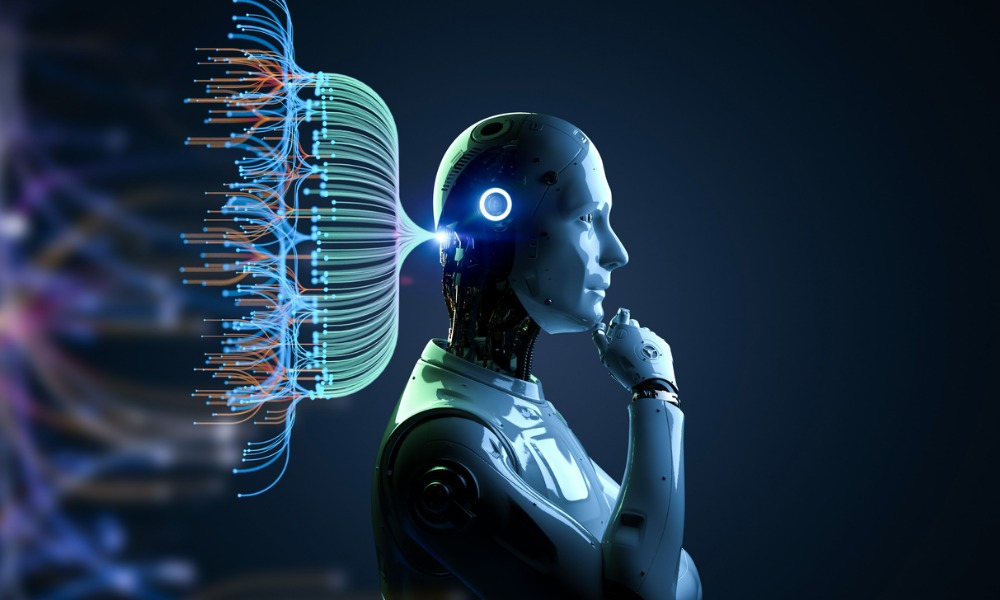
But 'combination of significant labour cost savings, new job creation, and higher productivity for non-displaced workers raises possibility of productivity boom'

The rapid emergence of artificial intelligence (AI) across the world could expose 300 million full-time jobs, according to a report from Goldman Sachs.
The Global Economics Analyst report provided an overview of AI's macroeconomic impacts and its potential to disrupt labour markets.
The report focused on ChatGPT, DALL-E, and LaMDA in its assessment of generative AI.
According to the economists, generative AI's ability to come up with content and break down communication barriers between humans and machines reflects a major advancement with potentially large macroeconomic efforts.
"If generative AI delivers on its promised capabilities, the labour market could face significant disruption," the report said. "Extrapolating our estimates globally suggests that generative AI could expose the equivalent of 300mn full-time jobs to automation."
It also found that "roughly two-thirds" of current jobs in the United States and Europe are exposed to some degree of AI automation.
The findings come amid mounting concerns that AI could eventually replace the workforce. In the human resources profession, 86% of HR respondents believe that their jobs could be replaced by AI in the future, according to a SkyNova study.
The good news is the elimination of some jobs has been historically offset by the creation of new jobs, according to the economists.
The emergence of new occupations after technological innovations also accounts for long-run employment growth, it added.
"The combination of significant labour cost savings, new job creation, and higher productivity for non-displaced workers raises the possibility of a productivity boom that raises economic growth substantially, although the timing of such a boom is hard to predict," the report said.
Globally, AI's impact on labour productivity could be "economically significant."
"We estimate that AI could eventually increase annual global GDP by seven per cent," the report said. "Although the impact of AI will ultimately depend on its capability and adoption timeline, this estimate highlights the enormous economic potential of generative AI if it delivers on its promise."
In the US, the report further estimated that labour productivity growth could increase by "just under 1½pp over a 10-year period" following widespread adoption.
"Although the boost to labour productivity growth could be much smaller or larger depending on the difficulty level of tasks AI will be able to perform and how many jobs are ultimately automated," it said.
Across the world, employers have been divided on how to address the emergence of AI in workplaces.
A Gartner survey recently found that 48% of HR leaders are developing policies on ChatGPT, as major employers including Amazon, Goldman Sachs, and Accenture, among others, introduced limitations on using AI in the workplace.